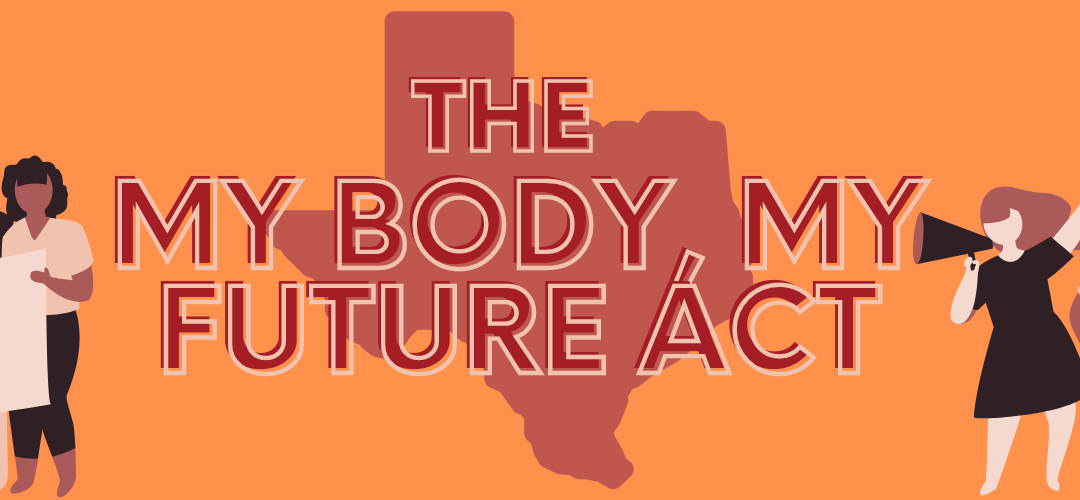State Representative Ana-Maria Ramos (D-Dallas) and State Senator Nathan Johnson (D-Dallas) have filed the My Body, My Future Act, HB 1176 and SB 366, to allow young people under the age of 18 to consent to birth control in Texas. With a statewide abortion ban in place since the fall of Roe v. Wade and the recent federal court ruling barring Title X providers in Texas from providing minors with birth control without parental consent, this bill is an essential step to protect Texas teens’ reproductive rights.
Rep. Ramos filed this bill last session in the Texas House of Representatives, which was the first attempt to repeal the parental consent requirement for birth control since it was passed in 1998. This session is the first time the bill has also been filed in the Texas Senate. Jane’s Due Process, a statewide organization that helps young people confidentially access reproductive health care, is proud to support this effort to expand youth access to birth control. Seventy-two percent of teens who text Jane’s Due Process ask for information on how to access birth control.
Following this announcement, Representative Ramos issued the following statement: “We elected officials have a duty to defend our communities, especially vulnerable young people who have been misrepresented and undermined session after session. The ‘My Body, My Future’ Act presents a chance for our state’s leaders in the 88th Legislative Session to fulfill this duty by allowing young people to make their own choices about their bodies. Letting young people access contraceptives leads to our youths making healthier choices and reducing teen pregnancies.”
Senator Johnson said, “In light of the recent poorly reasoned and highly destructive judicial decision issued by a Trump appointee, this bill would ensure that medical professionals can continue to protect young women who are vulnerable from becoming teen mothers.”
Twenty-seven states and the District of Columbia allow people under the age of 18 to consent to their own birth control use. Research shows that requiring parental consent for birth control does not decrease sexual activity. Instead, it often causes teens to not use birth control and fail to obtain other reproductive health services.
Samantha Sorsby-Jones, a young person who contacted Jane’s Due Process as a teen to find out how to access birth control, said, “Being able to access birth control as a teen is life-changing, empowering, and should be a right. Access to birth control helped many of my friends address crippling health concerns like endometriosis and PMS, and everyone should be able to make decisions for their own bodies. The ability to prevent pregnancy and make choices about their own future allows teens to break generational cycles of poverty, go for the career they want, and decide when and how they want to have children. Getting on birth control when I was a teenager is a large part of the reason why I am a successful college student today, and all young people in Texas should have the same opportunity that I did.”
Allowing young people under the age of 18 to consent to birth control will give them control over their reproductive health. The My Body, My Future Act is one step toward healthier futures for all young people in Texas.



